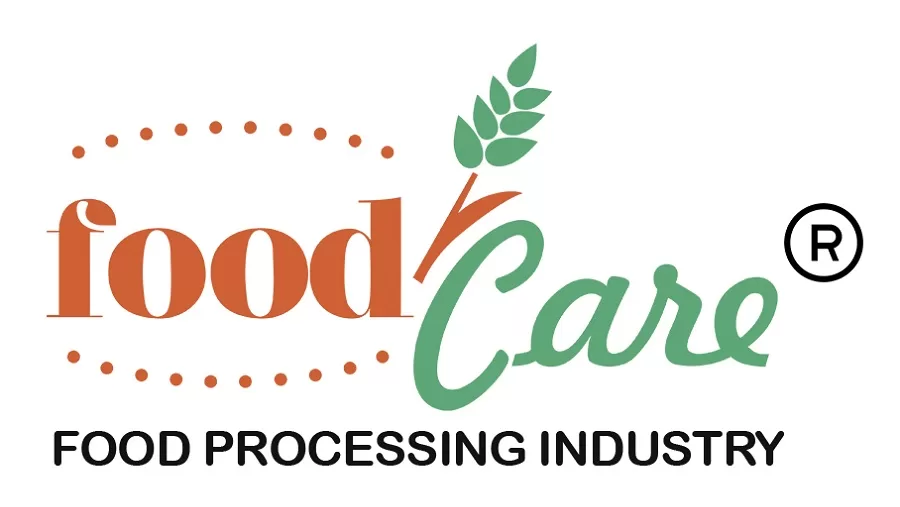Food & Beverage
How an Angolan Startup is Redefining African Food Exports?

- FoodCare is drastically reshaping Angola’s food sector by exporting locally sourced products that range from cassava and mopane worms to reviving a global appreciation for African local foods wholly.
- FoodCare promotes a radical vision founded on a quest aimed at increasing local production, attracting investments, and marketing the perception of Angolan farming to then fuel employment and growth in the economy.
The mopane worm, brightly coloured, protein-packed, and delicious, is anything but a delicacy of a dish to eat. It is a dietary staple in rural southern Africa and a thriving regional trade. It has been considered a global nutrition source signaling export growth. With the shifting dietary preferences and the global edible insect trend, mopane worms are not the only ones attracting global interest. Other African foods like fufu, ugali, chitoum (West African beetles), and Namibian bullfrog are gaining notice.
In Angola, one company is striving to present traditional African ingredients to the world stage, already beginning to attract considerable notice.
FoodCare: Champion of Food Rising in Angola
FoodCare is an Angolan dried food manufacturer that processes and packages a range of 25 homegrown foods. Founded by entrepreneur Marlene José in 2020, the company thus began operation during an unfortunate world epidemic.
Despite such an unfavourable beginning and the pandemic, FoodCare has grown by employing 28 staff (including six part-time contract employees) and has expanded in Cuanza Norte, Bengo, Uíge, and Malanje, working together with local farmers and suppliers in those provinces.
Cassava: The Quiet Giant in the Global Food Markets
Cassava, the gluten-free substitute for wheat, rye, and barley, is especially appealing to health-conscious consumers and those with gluten intolerance. The market for cassava flour has been valued at $34.3 billion as of 2024, and experts say that it will witness an increase to over $95.5 billion by 2034.
FoodCare can process 84 tonnes of cassava a month, but demand is such that international buyers have been known to request 700 tonnes monthly. Based on the growing demand and the trends, currently, 95% of the product is likely exported to Europe, North America, and South Africa, while the remaining 5% is sold locally, with middle- and upper-class consumers as its major consumers.
Marlene José is on a mission to change how people see African food at home, as well as in other national territories worldwide.
Getting African Food Marketed Globally
The CEO said that “Many African people think that other nationalities don’t like our food. I think they just don’t know the food because it’s not well packaged.”
“(People) want to have the information: What’s the benefit? What is it used for? If we don’t put the product in presentable packaging with all this information, of course people won’t try it,” she continued.
“Most of (Angola’s) products are organic, 95% of agriculture is family (operated),” José added. “We need to sell the country as a healthy food exporter.”
This is the reason why FoodCare’s focus turns to smart branding and multilingual packaging designed to inform the consumer about the health benefits and uses of each product.
The Bigger Picture: Why Angola Needs a Food Revolution
Despite having vast amounts of arable land, Angola imports more than half of its food. At the moment, only 10% of available farmland is cultivated. Meanwhile, with the oil-dependent economy, the fluctuations in oil prices have hit the country very hard.
The result will be a situation characterised by a financial crisis and an unemployment rate of an estimated 32% for the men among the labour force. It is worse for the youths in particular.
Denise António, resident representative for the UN Development Programme in Angola, explained in an email that Angola’s 27-year civil war, which ended in 2002, “decimated the agricultural infrastructure.”
Now the administration is pushing toward reviving agriculture, and the government sees food production as a matter of national importance.
The National Plan for the Promotion of Grain Production (PLANAGRÃO) aims to double Angola’s wheat, rice, soybean, and maize production by 2027.
So it’s a golden opportunity for players like FoodCare.
Beyond Raw Ingredients: The Future of Angolan Food
Over 90% of Angolan companies are small to medium-sized, presenting a big opportunity for Marlene José to capitalise on value-enhanced production of agricultural raw materials.
FoodCare has launched a solar-powered drying system in Bengo to help farmers be able to dry cassava on their land, further saving on transport costs and improving quality.
But José has more plans – from processing cassava, she wants now to farm the cassava herself. FoodCare is also spearheading its entry into coffee, with aspirations to “reactivate” 5,000 hectares of family-run coffee farms.
The bottom line? Investment.
But such expansion does not come cheap, and José says she is seeking investors. “We are looking for $3 million (to invest FoodCare’s operation), but we don’t want to do it alone,” she said. “We don’t need only funding, we need a partner that will bring technology and support.”
Changing Perceptions, One Product at a Time
Marlene Jose does not intend only to market commodities. She wants to change people’s perception of Angolan produce.
“FoodCare is not (just) a company looking to make profit; we want to also change the mindset in Angola about the quality of food that we eat,” José said. “We (Angolans) still prefer what is imported. We need to value more what is being produced in our country as it is generating jobs and adding value to local products.”


















































